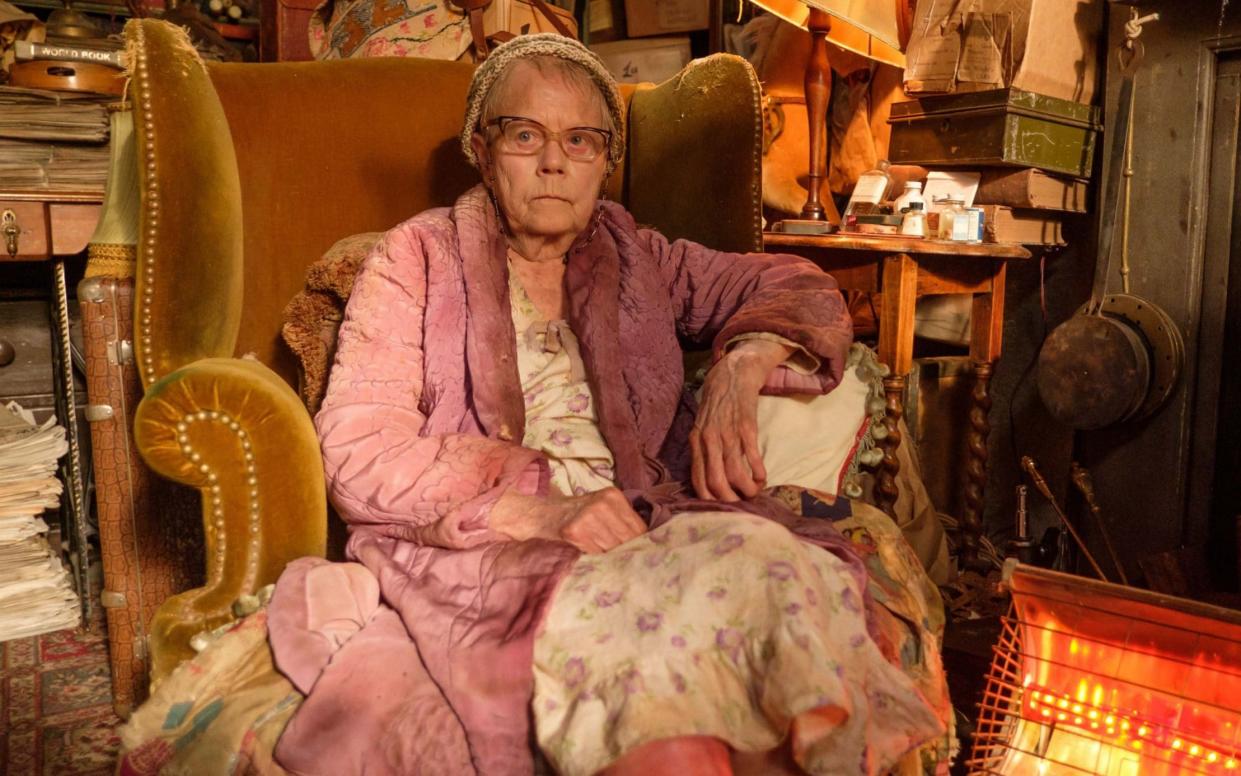Call the Midwife, series 8 episode 2 review: Suffragette Annette Crosbie certainly gets my vote

To life’s certainties of death and taxes, another can now be added: Call the Midwife (BBC One), which bangs out a rock-solid hour of three-star drama every week. Heidi Thomas’s series routinely falls on the right side of average: seldom unmissable, never dreadful, generally predictable, subtly subversive and with at east one birth scene guaranteed to reduce the most hardened critic to tears. It’s a formula that has worked for eight years and continues to do so, despite wholesale cast changes and the dawning of the Swinging Sixties, both of which could have derailed it.
Here Britain was on the cusp in 1964, but Call the Midwife’s Poplar was feeling the demographic winds of change, the cultural transformations are rightly shown as being slower to take effect. As an alternate social history of Britain, it’s deftly sketched and thoughtfully populated.
It also deserves credit for giving a phalanx of underemployed screen veterans something to really get stuck into. In this episode, to Roy Hudd and Una Stubbs could be added Annette Crosbie, her Clarice Milgrove as crotchety and suspicious as Crosbie’s former on-screen husband Victor Meldrew. Housebound by a leg ulcer, barricaded into her dilapidated terrace by decades of junk, ephemera and, as became grimly clear, ancient faeces rolled up in newspaper and stuffed up the chimney, Clarice was an angry riddle until meeting her match in Lucille (Leonie Elliott), who discovered a past of wartime service and suffragism. Clarice’s hoarding was rooted in the trauma of deprivation both in conflict and behind bars, related by Crosbie in a pitch-perfect monologue.

Elsewhere in Poplar, the Ghanaian Aidoo family (including the obligatory expectant mother) were found to be suffering from a mystery illness later identified as sickle cell anaemia, while Violet Buckle (Annabelle Apsion) ran for the local council as a social reformer, against the wishes of her old-fashioned husband Fred (Cliff Parisi). Ultimately, the careful ministrations of Sister Hilda (Fenella Woolgar) and Dr Turner (Stephen McGann) ensured that the Aidoos survived with an even deeper love of their adopted home and its institutions, Fred came round to his wife’s political ambitions, and Clarice died in peace and comfort, having been coaxed from her house with sacrifices acknowledged and pride restored.

Schmaltz eventually got the better of it and the comic relief was pretty eye-rolling, as is often the case, but Call the Midwife remains miraculously non-judgmental, occasionally devastating but somehow always life-affirming, its faith in human nature untarnished.


